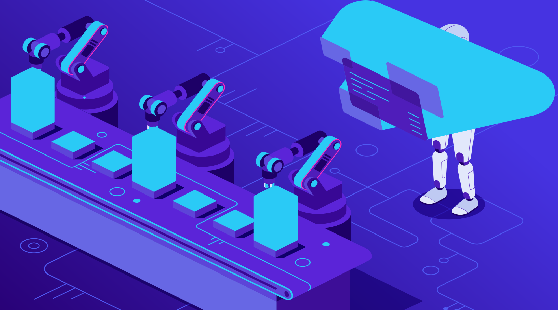When working with large volumes of content, it is essential to address content management issues with a centralized document management platform, to automate the manual and long cycle workflows, enable audit trails and enhance visibility and compliance to regulatory requirements for records.
Key Challenges in Managing Enterprise Content Management
- Scalability: Managing large volumes of content and ensuring efficient storage, retrieval, and processing capabilities as the organization grows
- Information governance: Implementing and enforcing policies and controls to ensure compliance with regulatory requirements, data privacy laws, and internal governance standards.
- Integration and interoperability: Integrating content management systems with other enterprise applications and systems to facilitate seamless data flow and collaboration.
- User adoption and change management: Overcoming resistance to new systems or processes, ensuring proper training and support, and driving user engagement to maximize the benefits of content management initiatives.
- Content lifecycle management: Managing content throughout its entire lifecycle, including creation, modification, archiving, and eventual disposal, while adhering to retention and compliance requirements.
- Collaboration and workflow management: Enabling efficient collaboration among teams, streamlining approval processes, and automating workflows to enhance productivity and reduce manual tasks.
- Security and access control: Protecting sensitive and confidential information, establishing access controls, and preventing unauthorized access or data breaches.
What is OpenText ECM?
OpenText Extended ECM is an enterprise content management platform that securely governs the information lifecycle by integrating with leading enterprise applications, such as SAP, Microsoft 365, Salesforce and SAP SuccessFactors. Bringing content and processes together, Extended ECM provides access to information when and where it’s needed, improves decision-making and drives operational effectiveness.
Key Benefits of OpenText ECM
- Simplify Business Processes: The storage of documents in ERP are typically not optimised. By effectively structuring document storage and reviewing workflows, can drastically simplify associated business processes and increase individual productivity.
- Reduce Costs: Documents can take up a large amount of storage space, resulting in unnecessary costs. By only retaining the documents that are needed, deleting what is no longer required and efficiently storing the documents that needs to be kept, will drive significant savings.
- Increase Efficiency: By linking key business documents to SAP business transactions within the SAP user interface, you will gain a 360-degree view of content in context. This will allow for greater business intelligence and make your documents work harder.
- Regulatory Compliance: As with data, documents can’t be retained indefinitely due to regulatory requirements such as GDPR. To reduce the business risks associated with non-compliance, it is essential that a retention management strategy is put in place for all documents.
Avaali Advantage
Avaali’s OpenText ECM implementation serviceoffers deep understanding of business, functional and technical aspects for implementing enterprise content management solutions with integration to ERP and other services for several global accounts.
Avaali ensures that you maximize your returns from the OpenText ECM solution in the shortest possible time, as a result of our deep and proven implementation experiences across a large range of business functions (including HR, procurement, sales, enterprise asset management, Finance, logistics, Engineering, R&D etc) and processes and industries and enables enterprises to leverage our ready to deploy assets built on top of OpenText ECM.

